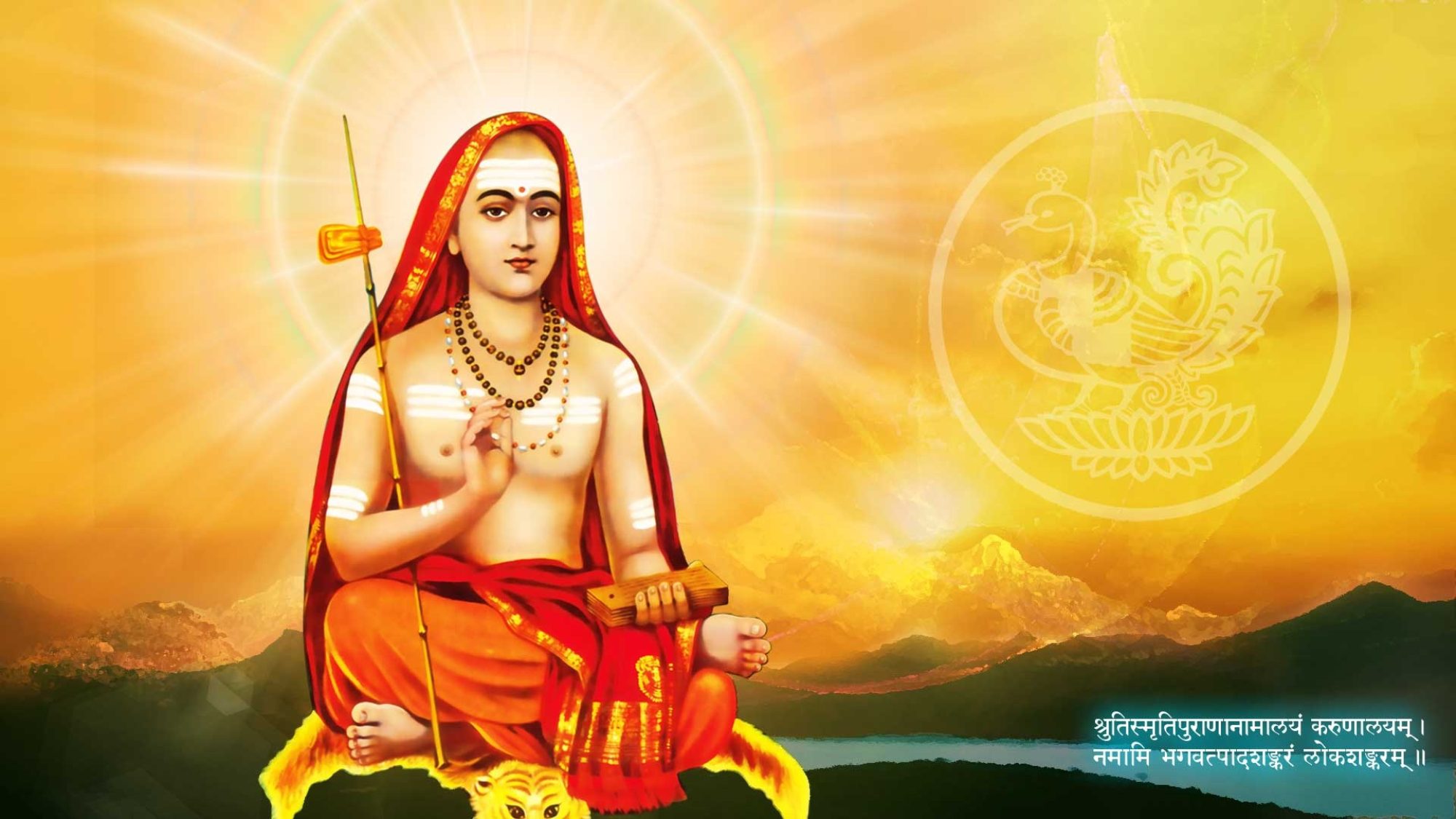In the last post I have shown clearly that the claim of Prabhupada that Brahman is Saguna on the basis of the verse 7:7 of Bhagavat Gita is flawed , his primary quote was 2 verses from the Shwetashwatara Upanishad , I took 3 verses from the same Upanishad and proved it to be other wise. Now we take the strongest claim of the Vaishnavites I call this the strongest claim since this is the basis for them to talk about Brahma Jyoti emanating from Krishna’s body and so on, that verse is 14:27, as usual I will 1st take the commentary of Prabhupada on this summarise it and then refute it one by one. Then I will look at some more Bhagavat Gita verses primarily to show that the translations of the Acharyas are mistranslations and so on. With this we will establish that even Bhagavat Gita really does not support the claims of Iskcon. Then we will move on to the strongest claims they have in Bhagavatam show that to be something else. Then show how even Brahma Samhita claim is absolutely invalid. Now let us look at the verse ,
amrtasyavyayasya ca
sasvatasya ca dharmasya
sukhasyaikantikasya ca
“The constitution of Brahman is immortality, imperishability, eternity, and happiness. Brahman is the beginning of transcendental realization. Paramatma, the Supersoul, is the middle, the second stage in transcendental realization, and the Supreme Personality of Godhead is the ultimate realization of the Absolute Truth. Therefore, both Paramatma and the impersonal Brahman are within the Supreme Person”
I will prove this to be otherwise , and that this is nothing more than Prabhupada’s wishful thinking . Let me look at what the blog Mahapashupataastra says about this.
Following is what he says
“This is yet another most controversial verse. In all the Vaishnava translations this verse is incorrectly translated and interpreted.
By seeing the phrase, “brahmano hi pratishthaham”, Vaishnavites claim that Krishna is the foundation (Pratishtha) of Brahman, hence he is higher than Brahman of Vedas hence Krishna is their Supreme Personality of Godhead. Therefore all other gods are his servants. This interpretation of that phrase is incorrect.
Actually here the speaker of Gita declares Himself as the ground of that imperishable Brahman indicating that the Brahman is not different from Him, and that He is not different from Brahman. “brahmanah” is genitive case, singular, of “Brahman” (Genitive case is the grammatical case that marks a noun as modifying another noun. It often marks a noun as being the possessor of another noun). One can read that verse as “brahmanah prathishta aham” or “aham prathishtha brahmanah”. Both would be grammatically correct. If we only treat “aham” as the subject, then the second meaning is lost. If we treat only “Brahman” as the subject, then the first meaning is lost. So Adi Sankaracharya treats both as subject alternately by equating them so that the unity of “attribute-less Brahman” and “attribute-full Lord (Eswara)” comes out clearly. Brahman (Atman) is established in the self (Jiva) firmly as like as self (Jiva) is established in the inner self (Brahman). Since self and the inner self are not different, one may use either of them as subject. It’s like a pipe; whichever end you use to see through, the object that is visible through it would be same. ”
Unfortunately I do not agree with him on this so much of grammatical gymnastics is not needed to disprove the case of the Vaishnavas .
Following is what Adi Shankara says
“For in me, in the Pratyagatman, in the true Inner Self abides Brahman, the Supreme Self (Paramatman) who is
immortal and immutable; who is the Eternal Dharma, i.e who is attainable by the Dharma of Jnana Yoga or wisdom-
devotion ;· who is the unfailing Bliss, the Supreme Bliss, the Bliss Immortal. Because I,-the Pratyagatman, the lmmortal Self,–am the abode of the Supreme Self, therefore by
Right Knowledge .one sees that the Pratyagatman is the very
Supreme Self. It is this truth which has been declared in the preceding verse in the words ” he is fitted for becoming· Brahman (referring to the 23rd verse)”
He also says the following
“By ‘ Brahman,’ is here meant the Conditioned Brahman, who alone can be spoken of by any such word as
‘ Brahman.’ the Unconditioned and the Unutterable, I am the abode of the Conditioned Brahman, who is Immortal and indestructible. I am also the abode of the Eternal· Dharma of Wisdom Devotion, and the abode of the unfailing Bliss born of that devotion.”
This way we establish that even the strongest claims they make in the Bhagavat Gita actually holds no water . In the next post we will also look at some of the minor claims. These are not that strong but they are very popular claims by Iskconites which we will refute very easily. This will break the illusion that Bhagavat Gita supports their Siddhanta .

One thought on “Why only Krishna is not Supreme Part 2”